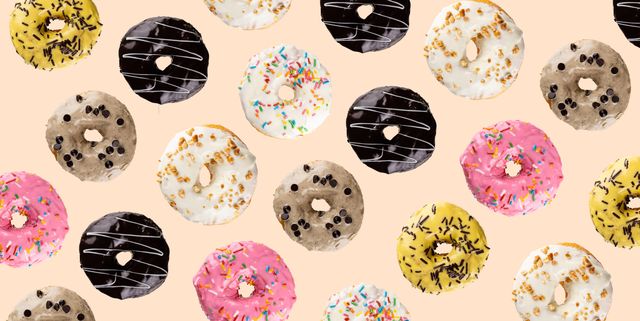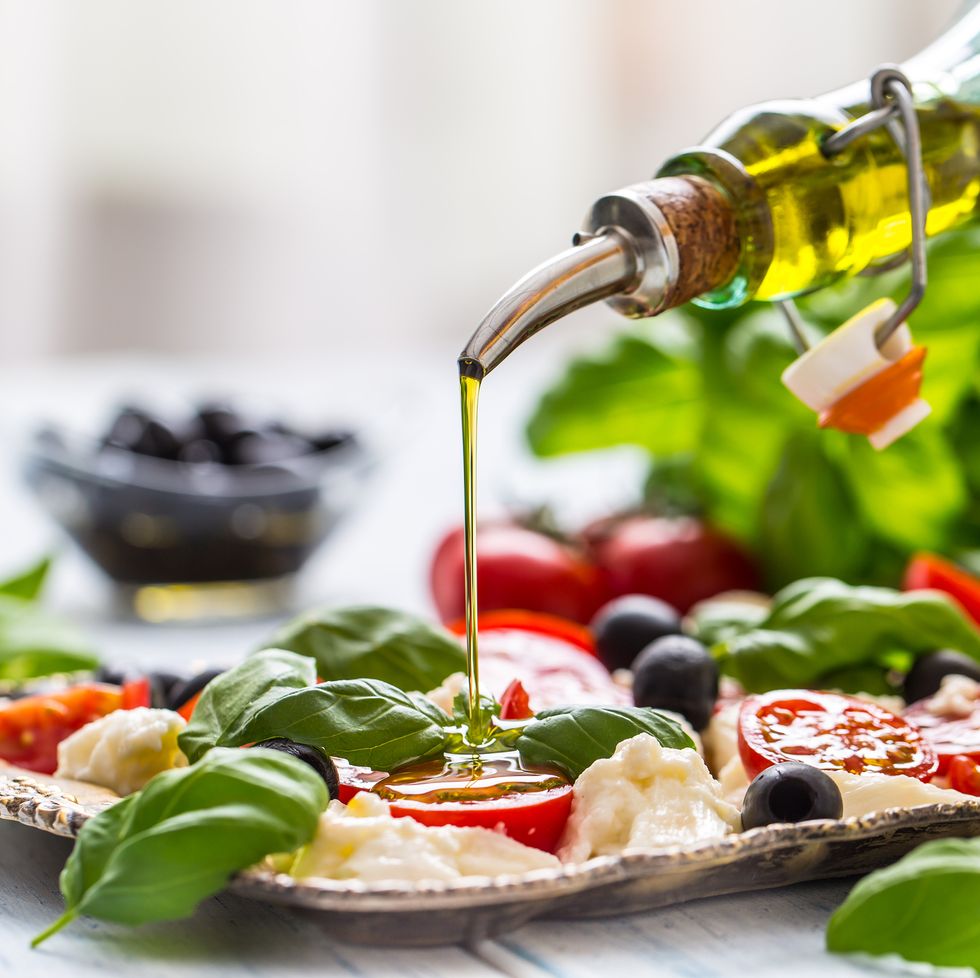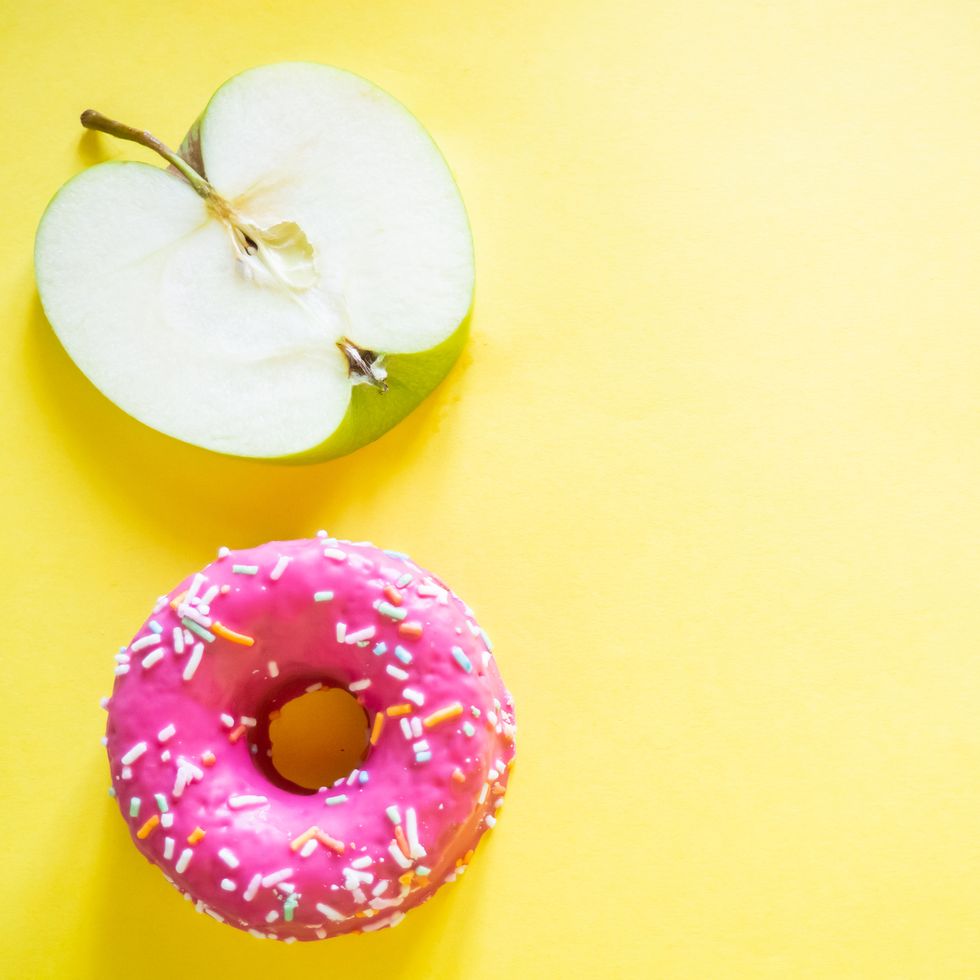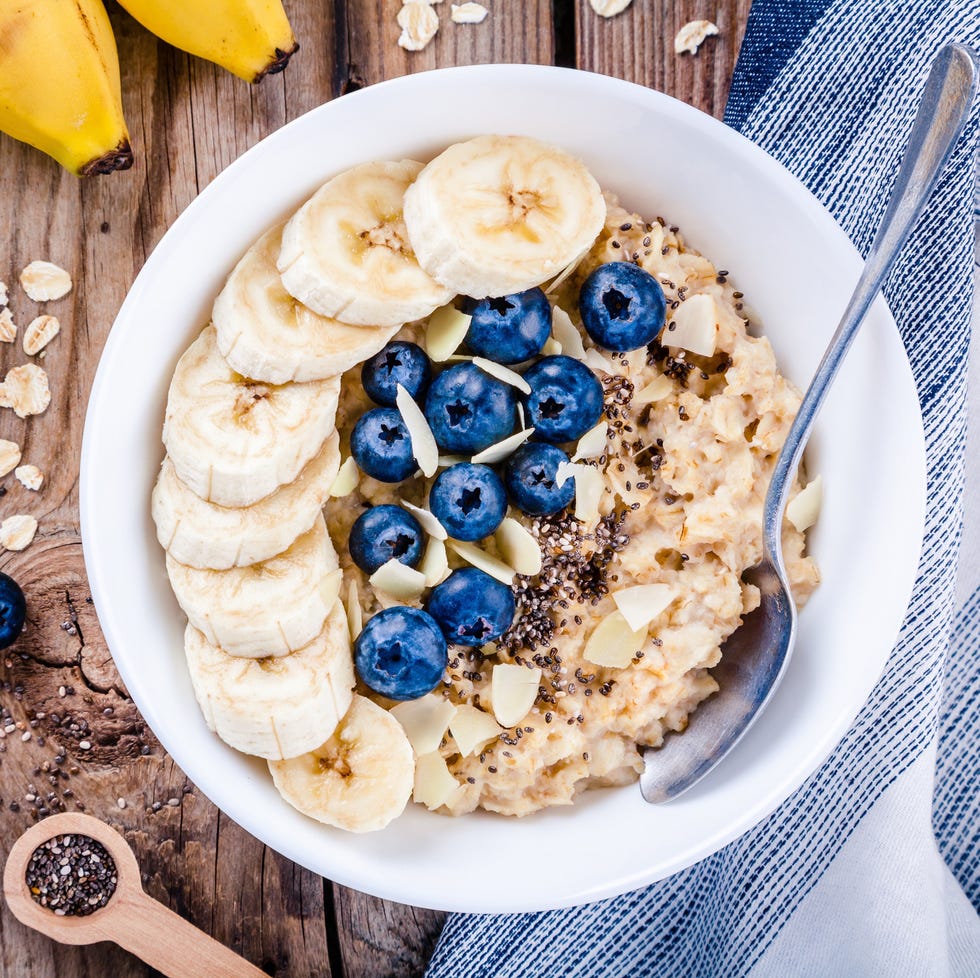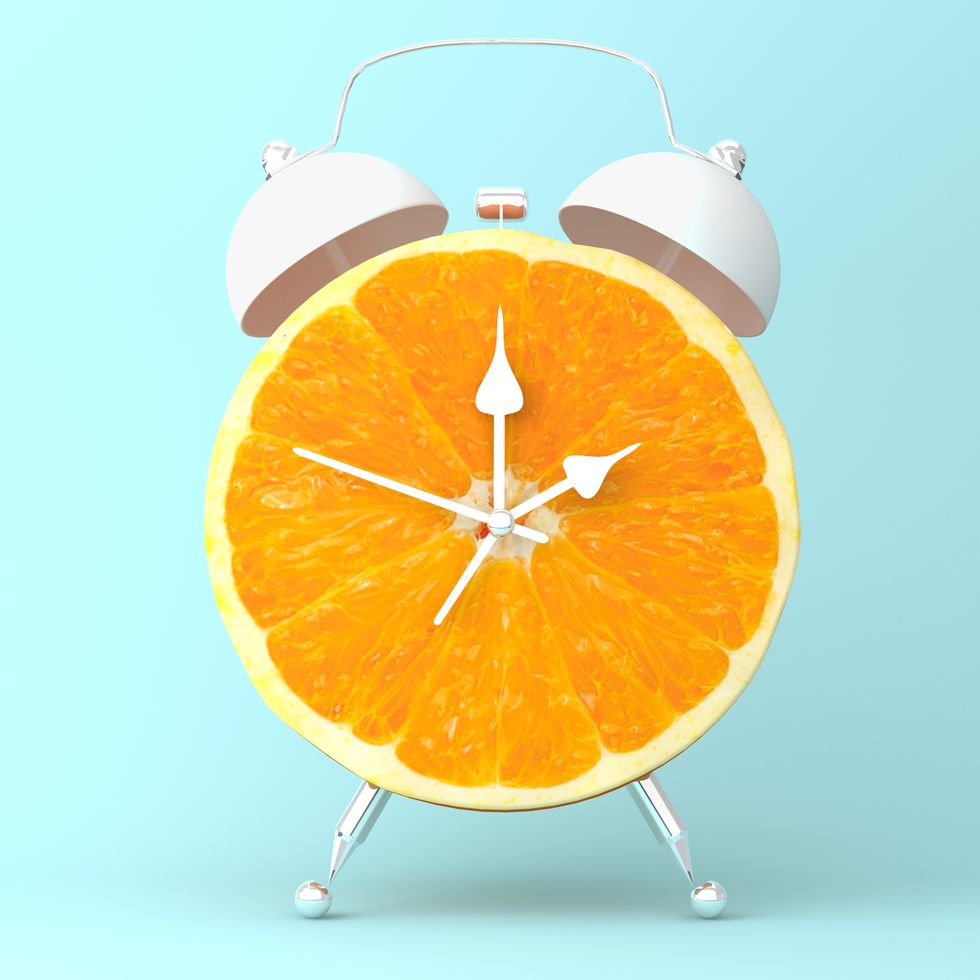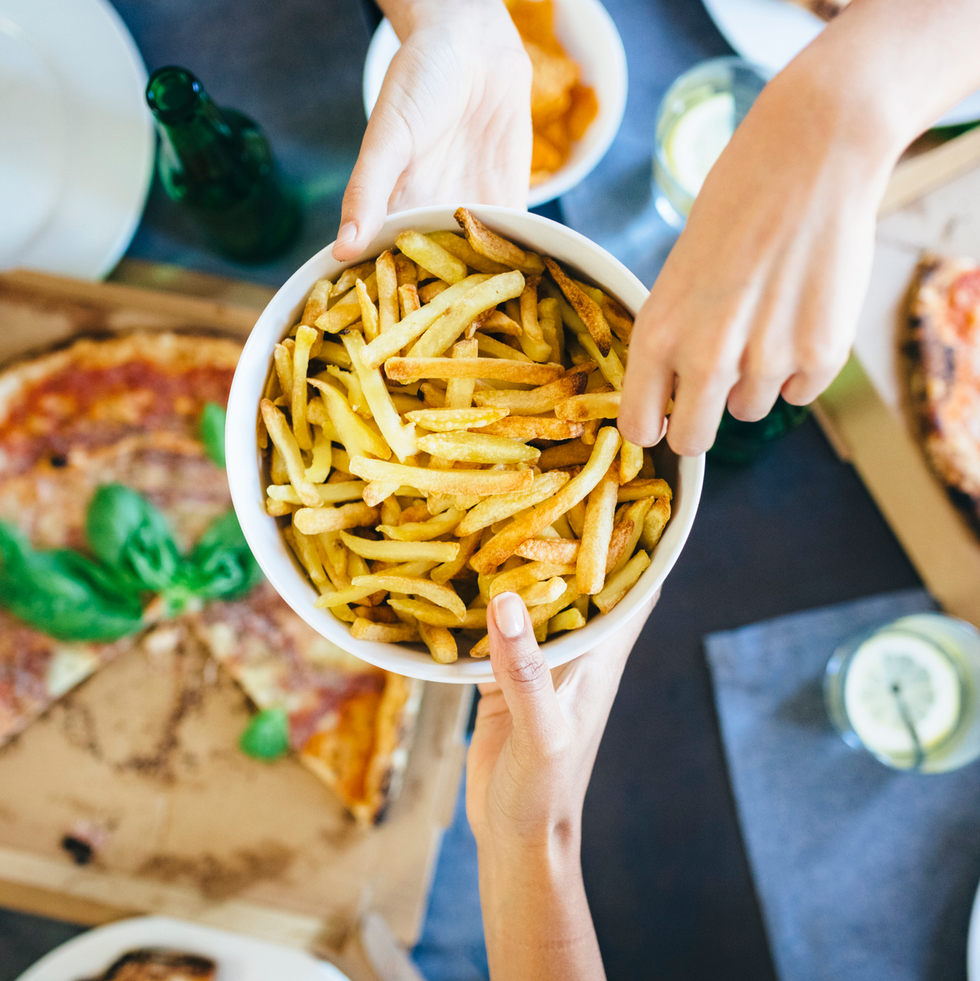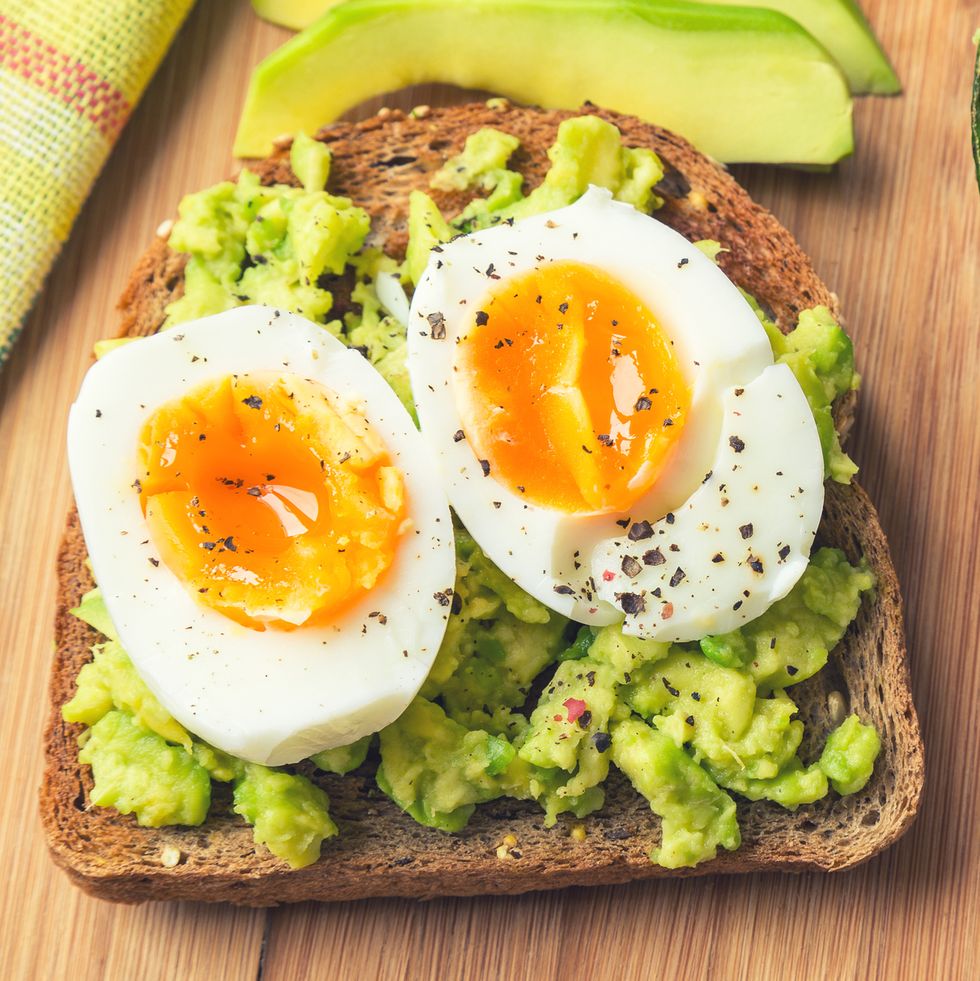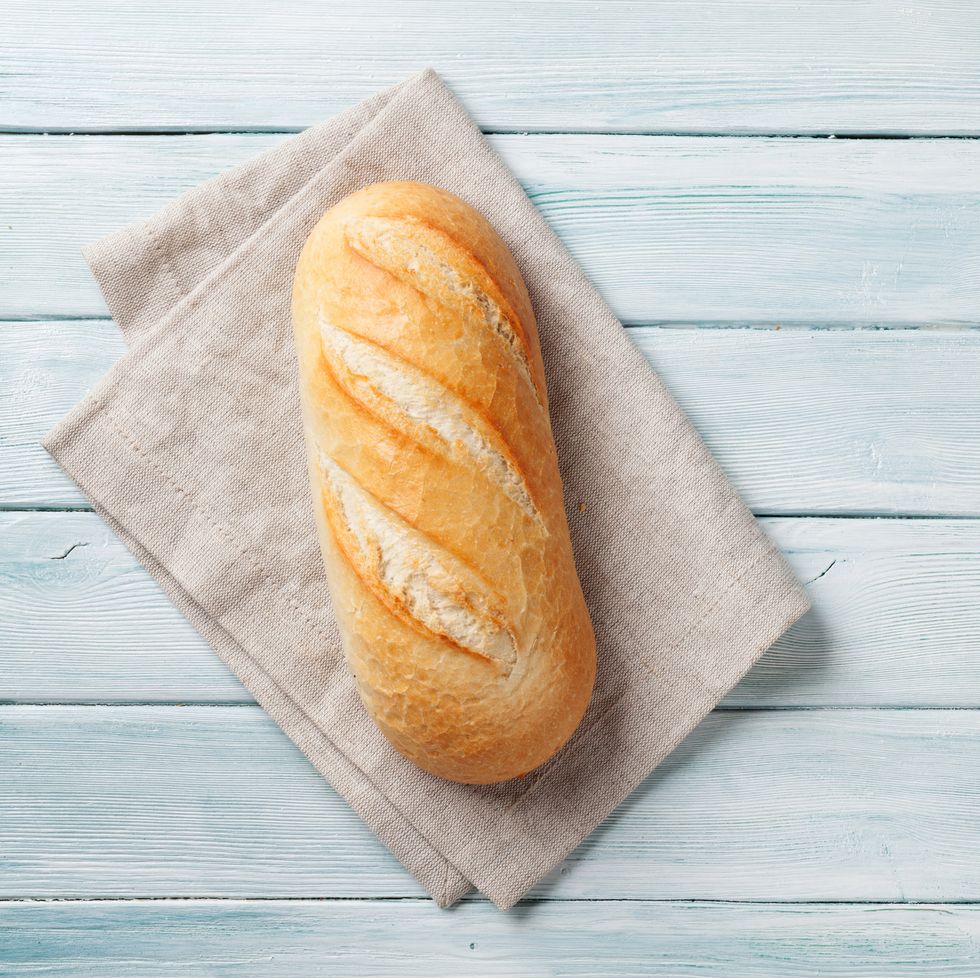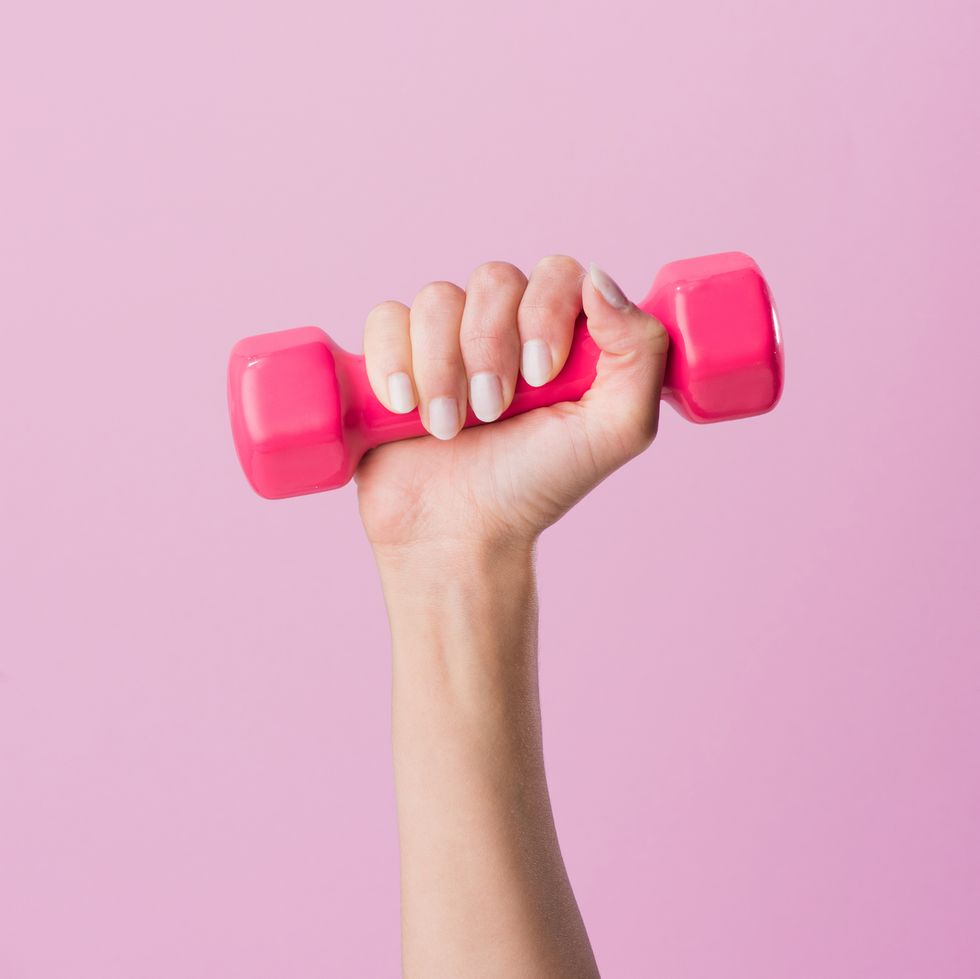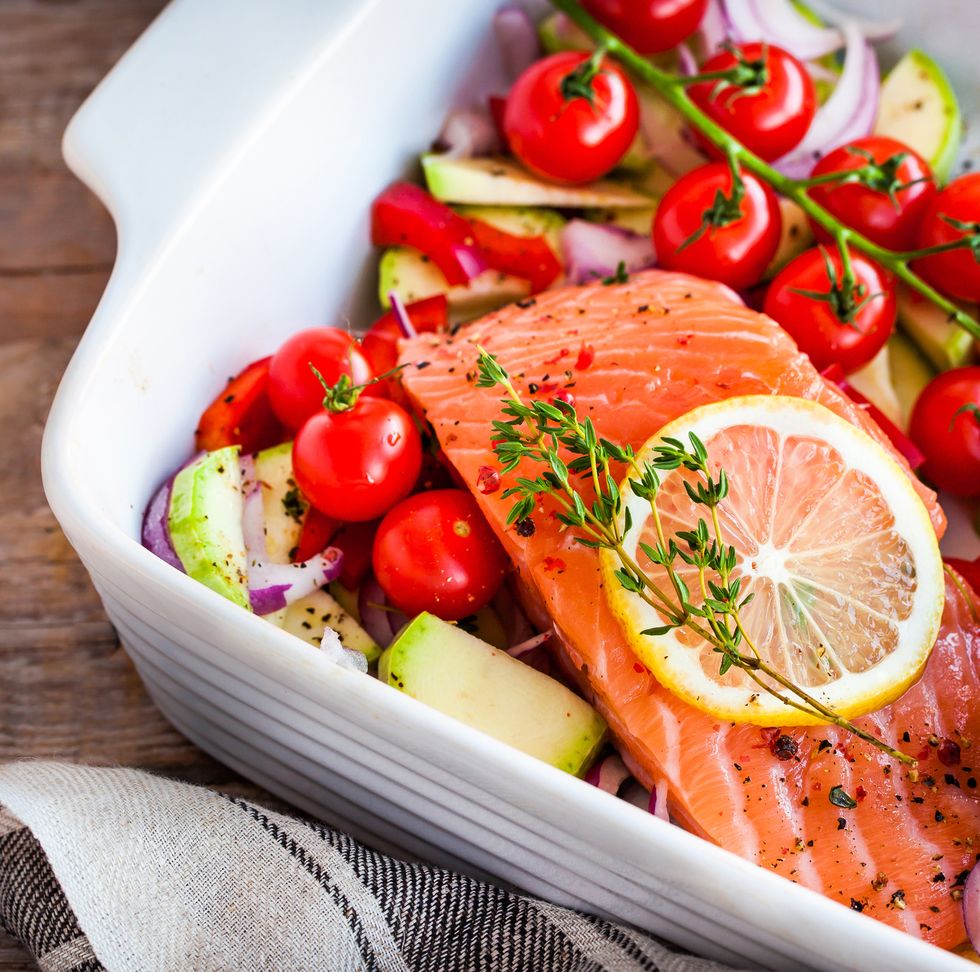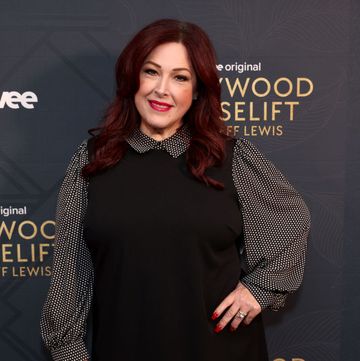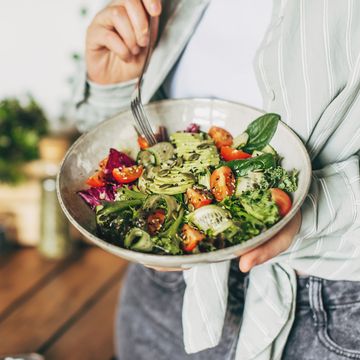10 Biggest Weight Loss Myths You’re Still Hearing in 2022, According to Experts
It’s time to embrace fat and carbs, people.
We may earn commission from links on this page, but we only recommend products we back. Why Trust Us?
Losing weight is tough under the best circumstances, but it can be especially tricky when you’ve got “do this” and “do that” advice coming at you from all angles. Whether you’re digging through the internet or talking to friends, it can be tough to separate fact from fiction, especially because weight loss is so dependent on individual needs and goals.
So, to make getting started a bit easier, we went to experts to debunk the fear around fat, your desire to ditch gluten, and whether or not breakfast really is the most important meal of the day. Here, the biggest weight loss “rules” you should stop believing ASAP.
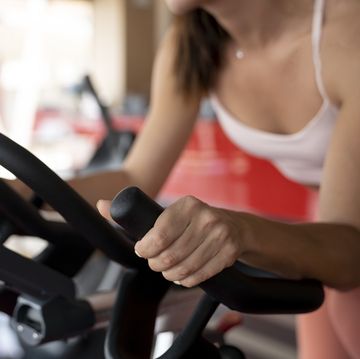
13 Exercises That Burn the Most Calories
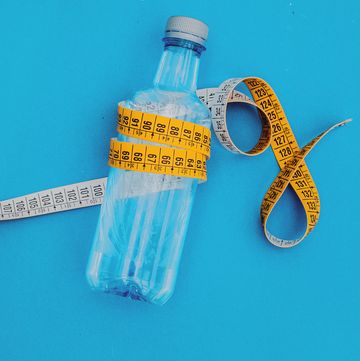
8 Effective Ways to Get Rid of Water Weight Fast

18 Reasons for Unexplained Weight Loss
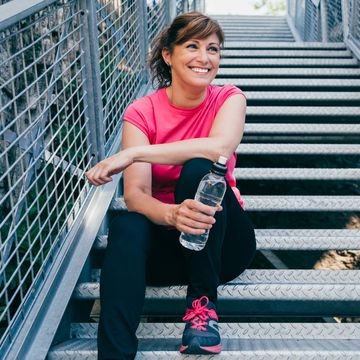
13 Best Ways to Lose Weight Over 40
